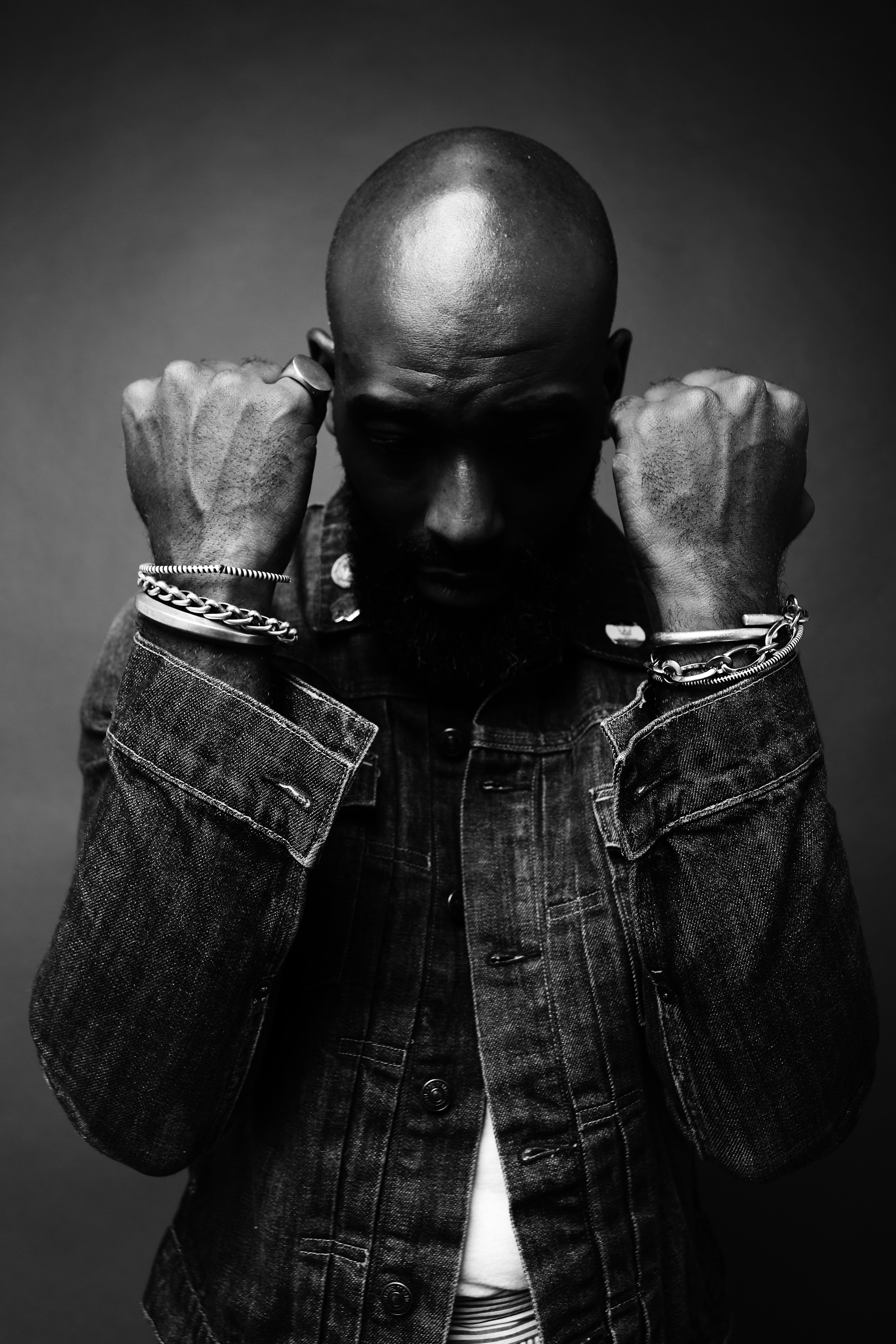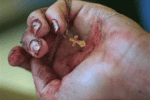If after the manner of men I have fought with beasts at Ephesus, what advantageth it me, if the dead rise not? let us eat and drink; for to morrow we die. I Corinthians 15:32
40 years ago, in his documentary film series Whatever Happened to the Human Race?, Francis Schaeffer commented that while the secularists of the early 20th century thought that man would eventually solve all his problems, the last 50 years had been characterized by a profound pessimism. Add 40 years and more pessimism, and you have the situation reported by Meagan Campbell in the Canadian newspaper National Post, October 10, 2019. The reader will notice that those described in the article aren't "paying it forward," with any thought for the future, but are acting out the mentality referred to in the scripure verses above:
Kevin Nahm, 19, does not expect to be able to afford a home one day, and his parents tell him that a Bachelor’s degree is no longer sufficient to get a sought-after job. When he feels stressed by his reality, he often spends money on an Uber instead of walking home, or he splurges at a restaurant. Nahm doesn’t know what to call this type of expense in English, but in his mother tongue of Korean, such an expense has a name.
“Shibal biyong” is a neologism in South Korean that Nahm translates — in the least profane manner — to a “what-the-hell expense” or “screw-this expense.” South Koreans use the term to describe spending extra money now because the future looks bleak, given the housing and job markets. Without hope of owning a home, many young Koreans decide they might as well spend money now instead of saving it, and the sentiment applies to young people in Canada, where major cities are facing housing bubbles and nearly one-third of graduates with humanities degrees were underemployed as of 2011, according to Statistics Canada. Nahm says “shibal biyong” became a popular term in 2016 in South Korea but that the phenomenon is universal.
“I think it’s existed for many generations; it’s just that it’s become an actual term, an everyday-life kind of deal, among my generation,” says Nahm, an economics student at Western University who moved to Canada when he was 10. “It’s become like a daily habit for most of us when we feel stressed. We would impulsively just purchase something.”
Sometimes the stressor is immediate — during exam season, for example, Nahm says one of his friends bought a Gucci belt. However, the stress is often more existential. “Why am I going to university? By the time I graduate, the climate and all this environmental damage is going to make the planet unliveable anyway,” says Nahm, “or (artificial intelligence) will take over the job market.”
Language reflects what is going on in a society, says Sali Tagliamonte, who holds the Canada Research Chair in Language Variation and Change. For example, when her children were watching Star Wars, they started talking like some of the characters.
“I was thinking, Oh my goodness, they sound like Jar Jar Binks. Are they going to lose that?” she says. “For language scientists these things are extremely revealing.”
She had not heard of “shibal biyong” before being asked about it, but between the world wars, she notes, many people were similarly trying to enjoy the present moment given the uncertain future.
“That attitude of saying, ‘Come what may. Let’s have a good time, not a long time’ — these are sentiments that have been around for quite a long time,” she says.
English speakers have not started using “shibal biyong,” but in the past they have adopted terms from other languages including “hakuna matata” and “que sera, sera.” She notes English has also seen a surge in certain toss-off terms including “whatever” and “meh.”
“The older generation always thinks the language is being bastardized, that the language is being degraded, but every generation says that,” she says. In the 1940s, she notes, older people were complaining that youth were always saying “like.”
Like linguists, economists can also help explain the use of “shibal biyong.” In an age when employment is less secure than it was in the past, people have more frustrations for which to compensate with purchases, says Wayne Lewchuk, a professor of labour studies and economics at McMaster University.
Lewchuk had not heard of “shibal biyong,” but he recently encountered the sentiment while living in Australia. Sydney has even higher costs of living than Vancouver and Toronto, and, “there is a sense that young people are spending money on going out to restaurants, etc., and not saving for a mortgage downpayment,” he says. “Certainly a little bit of hedonism is a good thing. Not having housing security is a bad thing.”
The reasoning behind the expenditures is sound, Lewchuk says. If young people have no possibility of owning a home and don’t need to save, say, 20 per cent of their income for a deposit on a house, then they have extra money to spend now.
“I wouldn’t call it cynicism,” he says. “It seems a perfectly rational response.”






































